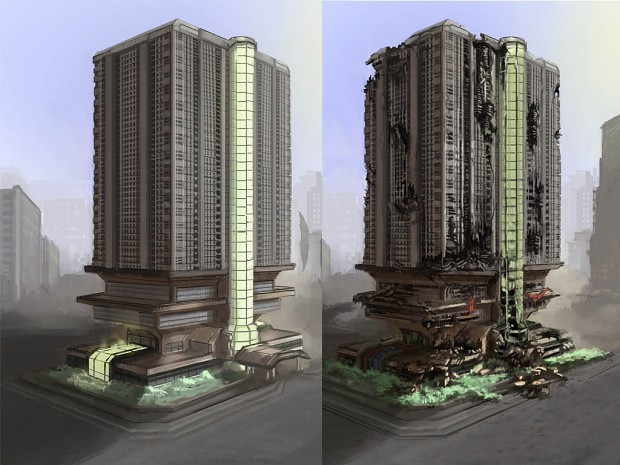In this second part of “Letters of Ovelia” we take a peek into the writings of a scholar, reflecting over the crucial events which shaped the world of Ovelia.
Breakdown.
Some words anchor themselves into history and change forever. 400 years ago, holocaust was a burnt offering. A few decades later, Holocaust was one of the greatest atrocities ever committed by mankind. Over roughly the same period of time, ”depression” changed from something that happened to a person to something that struck a world economy. To understand our history, we need to understand how and when these changes happen. It's strange to our present sensibilities, imagining that 295 years ago, by the turn of the millennium, ”breakdown” was something that happened to your car, to a single machine.
There were other words we could have used, the first time it happened. The Kessler Syndrome was well known in astronomy circles, and so were a number of other terms for the unsustainable formation of space debris that destroyed mankind's efforts to expand into space. But this name of a scientist who predicted the situation didn't capture the feeling of the millions who saw networks and communication infrastructures crushed as the last satellites left in orbit perished. Thousands died as a direct result – planes crashing, safety systems failing – probably tens of thousands as mankind recovered. And as systems were slowly rebuilt, on the ground, people soon decided what had happened. The Breakdown.
It would have been easier to track the history of the term if it had only happened once.
Maybe if the world had been moving more slowly when the first Breakdown occurred, we would have learned from it. What was then known as the 22nd century would have been all about building a safe, sustainable infrastructure on the ground, one that couldn't fail like the one in space had, under any circumstances. But it wasn't about that at all. It was about rapid expansion of information networks and electricity grids, replacing old technology as soon as possible with the latest possible one, it was about the world becoming one through these networks, it was about connecting everything and everyone on Earth after space had failed us – and it was, quite literally, about building castles in the sky. The concept of geomagnetic storms hadn't been highly relevant since the mid-2000s, and the fact that any first-grade electrical engineering student could've told people this system was not by any means safe against them did not factor into anyone's plans.
When the greatest geomagnetic storm in recorded history struck in what we call year 0, and what they called 2185, people already had a word for what happened. Breakdown. Even before anyone understood the impact, they recognized it as the same sort of global-scale, unmanagable failure of technology that had occurred almost two centuries prior. Most assumed that society would be rebuilt, but few realized that the event had caused such chaos that it could never be rebuilt the way it was – indeed, most of it would never be rebuilt at all.
If you could pick up a person from the street from before the first Breakdown happened and put them in front of the people of today, their guesses for what would bring down civilization as they knew it would make most of us laugh. Worldwide epidemics? We had them. Nuclear war? A few, in fact. We made it out fine. What really brought mankind to its knees was a poor application of transformers and the idea that everyone needed a smartphone.
People today have forgotten their history. The past has been turned into mythology, a utopia that never existed anywhere but in the minds of the people in a post-Breakdown world. And try as we might to establish a proper record, who can blame them? A world where the castles built in the sky are the only part left of what once was is a bizarre world. I certainly can't say I can make any sense of it.
For more Letters of Ovelia, see Part 1: Corporations or Part 3: Fragments.
Remember to follow us on any of the social networks below for all Coilworks news!


